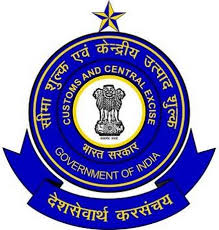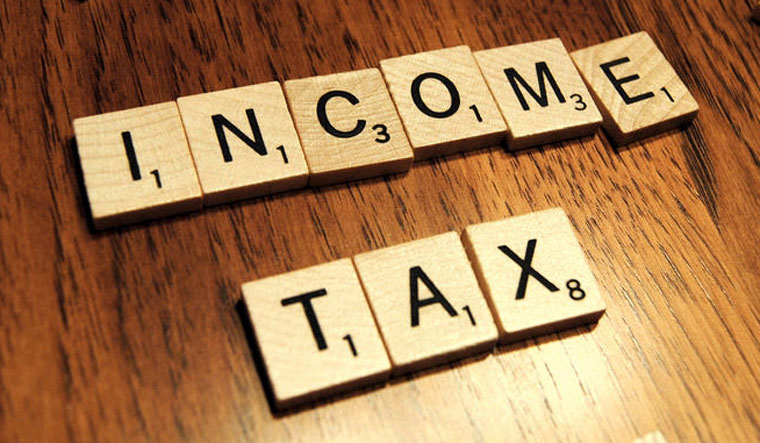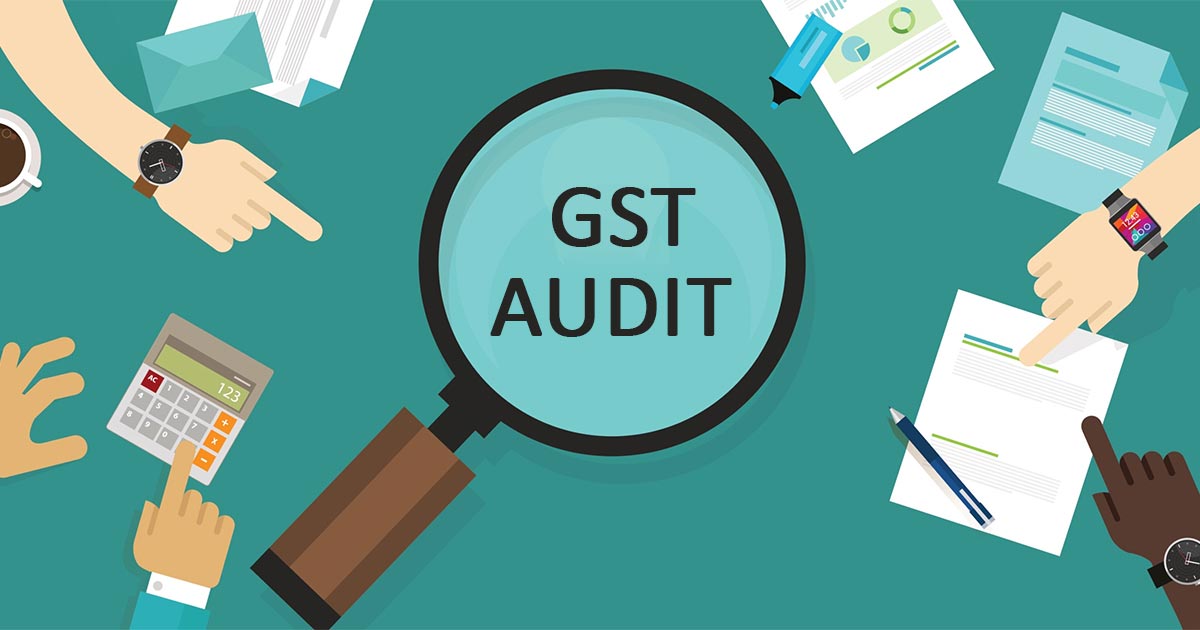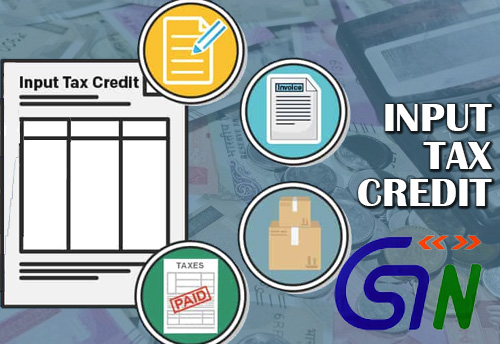The Central Board of Indirect Taxes and Customs (CBIC) has issued the Master Circular No. 1081/021/2022-CX dated 19.01.2022, on recovery and write-off of arrears of revenue.
The Board has issued Instructions/Circulars relating to recovery of arrears under Central Excise, Service Tax, and Customs from time to time. Considering the changes that have taken place, especially after the introduction of GST in July 2017, it has become imperative to update and revamp the procedure for recovery of arrears of Indirect taxes and Customs, the Master Circular states.
The consolidated Circular has thus been issued providing guidelines for recovery and write-off of arrears of Indirect taxes and Customs.
The Concept of Arrear
The arrears are the overdue payment of the amount of tax, interest, fine, or penalty that is confirmed against a person who is liable to pay the same to the exchequer. It arises as a result of the Order-in-Original, Order of Appellate forum, like the Commissioner Appeals / ADC/JC Appeals or the CESTAT and the Courts of law.
The amount in the case under investigation, unconfirmed demands (i.e. Show Cause Notice, including those in Call Book), the Order-in-Original that has been set aside or remanded for de-novo adjudication by Appellate authority do not fall under the category of ‘arrears’.
The Statutory Provisions for Recovery
Recovery of Arrears is the positive act of getting the money that is legally overdue from a person/entity. The act of recovery of arrears has to be persuasive and legal. The taxing statutes incorporate the legal provisions for such recovery.
Various statutory provisions for recovery of anears are indicated as below:-
(a) Customs Act, 1962: Section 28 BA, Section 142 read with Section 142 A
(b) Customs (Attachment of Property of Defaulters for recovery of Govemment Dues) Rules, 1995;
(c) Central Excise Act, 1944: Section 11, 11 E, 11 DDA, 12 and Sec 142(1)(b) and 142(1)(c)(ii) of Customs Act, 1962 as made applicable to Central Excise.
(d) Service Tax (Finance Act, 1994): Section 87, 88 and 73 C.
(e) CGST Act, 2017: Chapter XV (Section 73 to 84), Chapter XVI (Section 85 to 94), section 142 (Transitional provisions), Section 174 (saving clauses).
Procedure for Recovery of Arrears
The Circulars issued vide F. No. 296/34/2004-CX. (pt.) dated 12.09.2004 and instructions issued vide C. No. CC /TAR/ 50/ 2007 dated 23.04.2008 are superseded and the following instructions are issued for necessary action by the field formations.
(i) There should be a dedicated ‘Tax Recovery Cell” headed by a Joint Additional Commissioner level officer in each Commissionerate. The monitoring of arrear recovery shall be done by the Jurisdictional Pr. Commissioners / Commissioners on monthly basis and the progress shall be monitored by the Zonal Principal Chief Commissioner/Chief Commissioner.
(ii) Parallel set of files relating to arrears shall be maintained in the TRC.
(iii) The TRC shall review the position of arrears of revenue of indirect taxes, devise and implement the strategy for the realization of anears not only with the objective of achieving the target but also to liquidate all the cases of arrears, particularly old cases, either by recovery or by write- off in fit cases. The category-wise guidelines for recovery have been given in the paragraphs to the Circulars.
(iv) W.r.t. recovery of anears arising out of common adjudication orders, it is directed that copy of SCN and Adjudication Order should be endorsed to the concerned Jurisdictional Pr. Commissioners/Commissioners for recovery of arrears. Such anears should be reported by the said Jurisdictional Commissioners / Commissioners and action of recovery of arrear should be taken by him.
Other aspects covered in the Circular
The Circular further covers the instructions regarding the identification of property of defaulters, recovery through attachment and sale of property, recovery of arrears under CGST Act, 2017 and write-off provisions for customs, central excise and service tax arrears.
The Board has directed that the act of writing off of arrear does not absolve the defaulter from the liability to pay for any new facts coming to notice in the future. Therefore, consequent action if any, should be ensured by the jurisdictional Pr. Commissioners / Commissioners and the Pr. Chief /Chief Commissioner as the case may be.
Further Circular also covers the instructions regarding the publication of names of defaulters and grant of reward to the informers and government servants are in place, which should be followed wherever required.
READ / DOWNLOAD CIRCULAR
***
Subscribe to our portal and get FREE Tax e-books, quality articles and updates on your e-mail.
Resolve your GST queries from national level experts on GST free of cost.
Frah Saeed is a law graduate specializing in the core field of indirect taxes and is the Co-founder of taxwallah.com. She has authored many publications on GST and is into full-time consultancy on GST to big corporates. She as a part of taxwallah.com heads a team comprising of Chartered Accountants and Advocates and plays a key role in our mission to disseminate GST knowledge to all.




